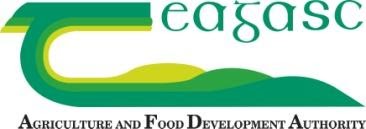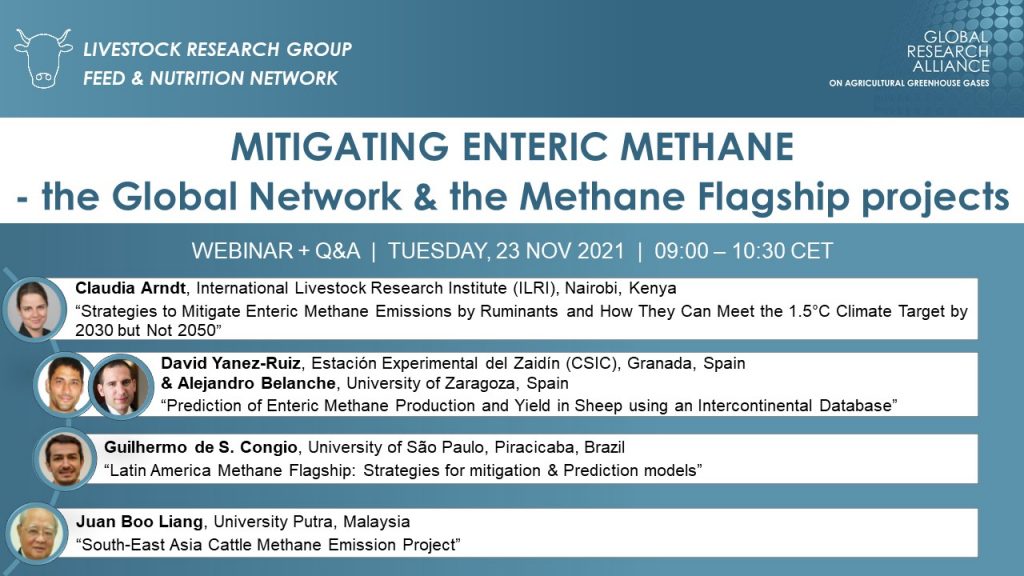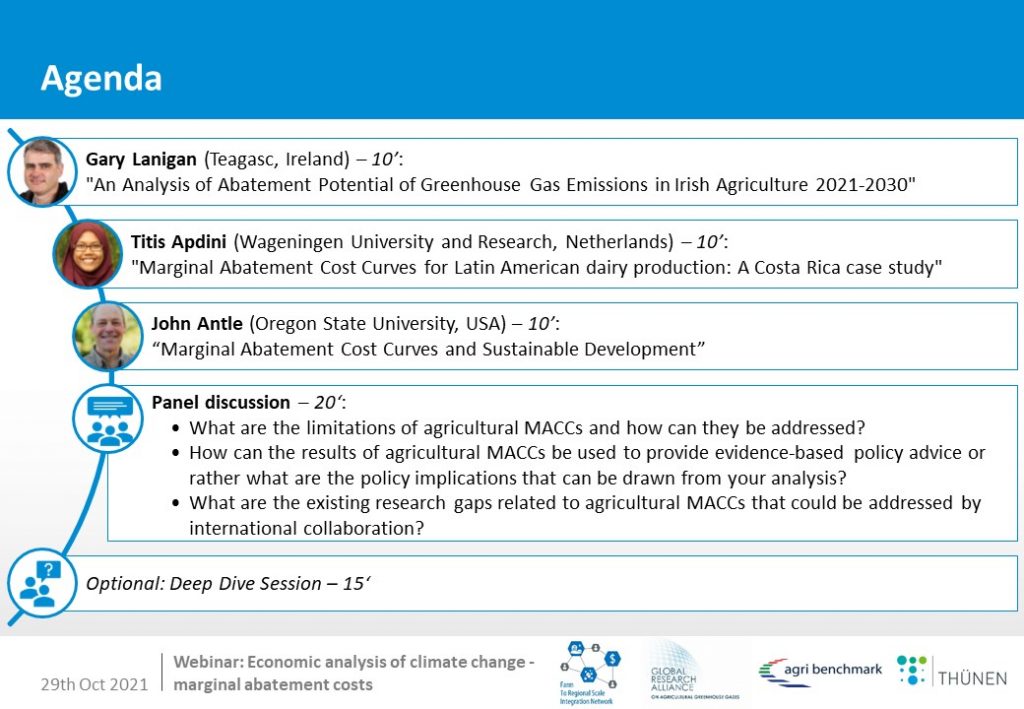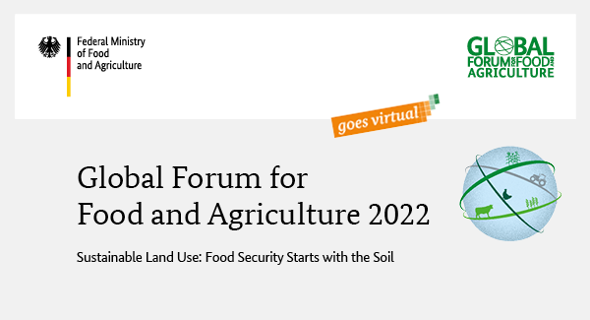Title: “Project animation, data management and simulation of GES/C sequestration in farming systems”
Closing Date: Friday, 31 December 2021
Learn more here:
Teagasc are currently recruiting for a postdoctoral researcher and technician to support a large, newly funded research project aimed at reducing N2O and CO2 emissions from agricultural sources in Ireland. The project will focus on refining the emission factors associated with fertiliser type, digestate, manure and lime with a focus on both N2O, CO2 and carbon sequestration.
Closing date for both opportunities: 4th January 2022
– Learn more about the Postdoctoral Vacancy
– Learn more about the Technician Vacancy
Contact Dr Karl Richards for further information.

A recording of the November 2021 Farm To Regional Scale Integration Network Webinar, titled “Carbon farming with no-till and straw incorporation – A reality check”, is now available to view.
This webinar session included presentations from:
Mark Liebig, USDA Agricultural Research Service, Northern Great Plains Research Laboratory, USA. Co-Chair of Croplands Research Group of the GRA.
Axel Don, Deputy Director of the Institute of Climate-Smart Agriculture, Thünen Institute, Germany.
Title: “Quantification of Carbon fluxes from organic and organo-mineral soils”
Closing Date: 5pm, Friday, 28th January 2022
Learn more here:
A recording of the November 2021 Feed & Nutrition Network Webinar, titled “Mitigating Enteric Methane – the Global Network & the Methane Flagship projects”, is now available to view.
This webinar session was facilitated by the FNN Network lead André Bannink and chaired by LRG co-Chair Sinead Waters.
It included presentations from Claudia Arndt (International Livestock Research Institute, Kenya), David Yanez-Ruiz (Estación Experimental del Zaidín (CSIC), Spain) and Alejandro Belanche (University of Zaragoza, Spain), Guilhermo de S. Congio (University of São Paulo, Brazil) and Juan Boo Liang (University Putra, Malaysia).
The agenda is shown below.

A recording of the November 2021 GRA COP26 side event titled “Contemplating the Co-Benefits: An exploration of their evidence-base to accelerate climate action”, is now available to view HERE.
This online event was hosted by Australia as Chair of the Global Research Alliance on Agricultural Greenhouse Gases and features a welcome and introduction from Professor Andrew Campbell, CEO ACIAR and Chair of the GRA. Hayden Montgomery, GRA Special Representative presents the work of the GRA as it relates to the topic of adaptation and mitigation co-benefits. Plus we hear from three speakers from across the globe working with the GRA to highlight the value that recognising co-benefits can bring.
Speakers:
Andrew Campbell, CEO ACIAR and GRA Chair
Hayden Montgomery, GRA Special Representative
Natalie Doran-Browne, University of Melbourne
Viviana Becerra Velásquez, INIA Chile
Cynthia Rosenzweig , Goddard Institute for Space Studies
The 2021 meeting of the Livestock Research Group was held over two online sessions on 6 – 7 October.
The meeting was attended by participants from 43 countries and four partner organisations. The meeting report and recordings of the online sessions are now available for download.
A recording of the October 2021 Farm To Regional Scale Integration Network Webinar, titled “Economic analysis of Climate Change – marginal abatement costs”, is now available to view.
This webinar session was facilitated by the FRS Network co-leads and included presentations from Prof. Gary Lanigan (Teagasc, Ireland), Dr. Titus Apdini (Wageningen University and Research, Netherlands) and Prof. John Antle (Oregon State University, USA. The agenda is shown below.

The call for applications for science slammers at the 2022 “Think Aloud! GFFA Science Slam” is currently open. Interested in participating? Register HERE by 5 November 2021.
What is the GFFA?
From 24 to 28 January 2022, the Federal Ministry of Food and Agriculture (BMEL) will host the Global Forum for Food and Agriculture (GFFA) for the 14th time.
The GFFA is the world’s leading international conference on key issues regarding the future of the global agri-food industry. The 14th GFFA will focus on the topic “Sustainable Land Use: Food Security Starts with the Soil”.
What is the “Think Aloud! GFFA Science Slam”?
The “Think Aloud! GFFA Science Slam” is a competition during which presenters (“slammers”) introduce their scientific research topics, which should match the GFFA topic, in an entertaining way. The focus is on giving a diverse, primarily non-expert audience the opportunity to learn about scientific concepts. The audience then judges the slams by voting. In addition to scientific aspects, the audience rates the comprehensibility and the entertainment value of the presentations. The presentation that is rated highest by the audience is awarded a prize at the end of the event.
All presentations should address at least one of the following four GFFA issues on the topic of “Sustainable Land Use: Food Security Starts with the Soil”:
1. How can we improve soil protection?
2. How can we restore degraded soils?
3. How can we make the use of finite land resources more sustainable?
4. How can farmers worldwide get fair access to land?
For further information on this topic, please refer to the attached background paper.
For more information about the event format, selection criteria and timeline, click HERE.

DAAD climapAfrica: Africans in climate research | Deadline 17 November 2021
We would like to make you aware of a call for applications for postdoctoral fellowships for Africans in climate research by the German Academic Exchange Service. The call for application ends on 17 November 2021.
The DAAD Climate research Alumni and Postdocs in Africa (climapAfrica) program brings together high-potential African researchers in climate change research and protection with African alumni experts of German funding initiatives in the field of climate research. Through currently seven thematic working groups, it seeks to catalyse uptake and use of research outputs through a vibrant, highly connected network to facilitate the development of regional solutions.
The DAAD climapAfrica program offers the following benefits:
Attractive funding scheme
- Postdoctoral fellowship (12 months)
- Funding for research stays in Germany (2-6 months)
- Funding for international conference participations
Advance your research with leading experts
- Benefit from knowledge and expertise of Alumni in your field
through working groups - Benefit from distinguished supervision
- Get guidance from German mentors
Become part of a growing community of climate researchers and experts
- Broaden your network through the climapAfrica thematic working
groups and climapAfrica conferences
Improve your skills through a targeted training program
- Increase your research impact through capacity-buildings in
science policy advising and skills training
Apply now online via DAAD scholarship website.
Please do not hesitate to reach out to the Research Center for Global Food Security and Ecosystems or to the DAAD directly via [email protected] if you have any additional questions.
Further information here.
Full Professor and Chair of the Animal Production Systems Group
Wageningen University & Research is recruiting a full professor to lead the chair group of Animal Production Systems (APS).
As head of the APS group, you will lead a vibrant team of researchers and lecturers. You will support our group’s research ambitions by further strengthening its position in national and international networks, by consolidating established research lines as well as developing new lines of research. You will actively contribute to the excellent reputation and position of WUR in higher education through your active role in our current education programme and in the ongoing development of courses at bachelor, master and PhD level.
You will provide an encouraging working and learning environment for academics at different career stages. Strengthening the acquisition of external funding for research and recruiting the best new people at all levels are key elements of the chair holder’s responsibility. In addition to that, it is key to further improve the group’s successes in generating scientific and societal impact, and lead the group in the further development of an internationally competitive research profile in which you embed your own lines of research that are complementary to APS’ current research topics.
You are a scientist with broad interest and expertise that will strengthen and extend the future education and research of APS. Furthermore, you have demonstrated the capacity needed to become an internationally recognized leader in this field and to build multi-stakeholder networks in systems research and agri-food sustainability.
The closing date of the vacancy is August 8, 2021.
To read the full application and to submit your application download the job description below and visit the WUR vacancy website.
GRA researchers are invited to submit an abstract for the MAC-B session organised by GRA Partners AgMIP at the AGU Fall Meeting (13-17 December 2021, New Orleans, LA, US and online).
Session Title: GC026. Co-Benefits and Tradeoffs from Combined Mitigation and Adaptation in Agriculture
Section: Global Environmental Change
Session ID: 120744
Link: https://agu.confex.com/agu/fm21/prelim.cgi/Session/120744
Deadline: Wednesday, 4 August 2021 at 23:59 EDT
Description: Research at the nexus of climate mitigation and climate adaptation in agriculture remains challenging owing to both data and modeling limitations, as well as the multi-scale analyses and stakeholder engagement required. Nevertheless, as climate change intensifies, there is an urgent need to close these research gaps and rigorously assess how simultaneously implementing agricultural adaptation and mitigation interventions could provide valuable co-benefits and/or create trade-offs for food security, environmental conservation, and other important societal challenges. This session invites research papers on agricultural mitigation and adaptation co-benefits and trade-offs, particularly those that introduce data and model tools and approaches needed for evaluation; feature regional projects and perspectives; and provide empirical bases to assess multiple dimensions of societal impacts (e.g., food security, labor and gender, biodiversity, etc.). We encourage submissions representing a variety of disciplines, and in particular cross-disciplinary perspectives on these issues.
Please do not hesitate to contact us with any questions ([email protected]).
Cheers,
Sonali McDermid, Cynthia Rosenzweig, Roberto Valdivia, and Erik Mencos
